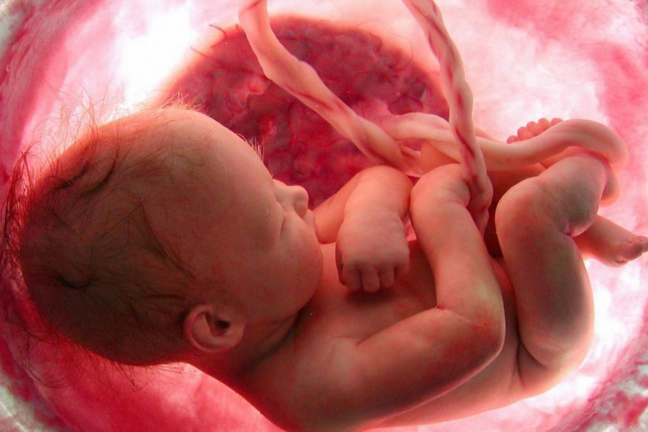This year marks 34 years since the Morgentaler decision, the court case in which the Supreme Court struck down Canada’s abortion law and set off a lengthy era of zero protections for pre-born children in Canada. This case was a critical moment in the direction of abortion in Canada. We have widely accessible abortion with no legal restrictions, and close to 100,000 pre-born children are aborted every year. It is worth remembering what exactly that court decision did determine, and worth understanding more of what motivated the man behind the case.
The Morgentaler case is that of Doctor Henry Morgentaler, an Order of Canada recipient for his efforts to publicly promote and provide abortions at a time when they were illegal. In 1988, as a result of his work, the Supreme Court ruled that Canada’s Criminal Code provision on abortion was unconstitutional under section 7 of the Charter. All laws restricting abortion were immediately struck from the Criminal Code. Despite this ruling, the judges did state that there was a national interest in protecting the life of the fetus at some point, and they looked to Parliament to work out the details of a new law.
Since then, Parliament has failed to pass a new law, leaving Canada as the only democracy in the world with no legal protection for pre-born children. Where every other country has managed to reach agreement, most prohibiting abortion after the first trimester, Canada continues to allow abortion at any stage of pregnancy, for any reason.
Morgentaler would be proud. But would he also recognize that his key goal with abortion access has failed to be achieved?
Morgentaler was a Holocaust survivor, and that horrific experience informed much of his passion for abortion. In 2013, the year of Morgentaler’s death, journalist Gary Evans shared some of Morgentaler’s words that reveal his motivation for promoting abortion. “If all children were desired, received with love and affection and care,” Morgentaler said, “they would become loving and caring individuals. If we had that for a number of generations, we would have a different kind of species, a different humankind.”
Click Like if you are pro-life to like the LifeNews Facebook page!
Morgentaler lived through the horror of the Holocaust and lost most of his family members to the death camps. He saw a connection between unwanted or abused children and violent adults who lacked compassion. He believed future terrible events could be prevented if compassion increased and seems to have believed that abortion – the killing of unwanted children before they became violent adults – would increase compassion and love in the world.
I wonder what Morgentaler would say now, seeing the results of more than three decades of legal abortion. Are people more compassionate? Are crime rates down and loving families up? Has genocide, racism, prejudice, or bigotry ended?
Morgentaler made an accurate assessment of the problem: people can treat other people horribly, and this is not the way the world should be. But he responded with a tragically misguided solution: to kill pre-born children to improve humankind.
It would have been consistent, and just as ineffective, for Morgentaler to promote capital punishment and live his life executing vigilante justice on criminals. Just as Batman never runs out of crimes to solve, this “different kind of species,” essentially good humankind, would never have emerged. Fallen human nature tends toward selfishness and judgment, not compassion and love for others. No amount of abortion will change that, just as no amount of capital punishment will end all crime.
A parent’s ability (and willingness) to kill their unwanted pre-born child does not lead to more compassion. It leads to a devaluing of born children who are then seen as a burden, a cumbersome and expensive responsibility. It may lead to fewer children, but there is no guarantee that those children will grow up compassionate and loving in a society that tells them they do not have to be.
True compassion reaches out to those who are hurting – those who are unwanted, abused, or alone. These days, that could include women facing an unwanted pregnancy, frightened and feeling like they have no other option than abortion. Abortion has become so accessible that no one needs to support women in motherhood anymore. No one needs to show compassion and care, both of which take a significantly bigger investment than abortion.
Henry Morgentaler was right in his indictment of the hate and hurt people can inflict on one another, and his vision for a more compassionate future was admirable. But when it came to presenting a solution, sadly he got it all wrong.








